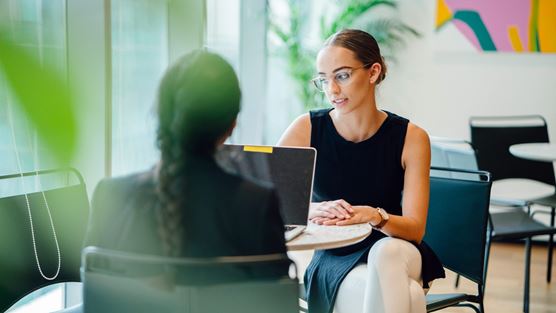
UK VAT partial exemption
Avoiding unexpected costs

The UK VAT rules applicable to VAT exempt supplies continue to be a frequent area of dispute with the UK tax authority (HMRC). They are also a set of rules that can lead to unexpected VAT costs arising.
Overview – Managing the financial impact
The starting position is that services provided by UK businesses are subject to the standard rate of VAT (currently 20%) unless an exception applies. There are VAT exemptions applicable to certain supplies of financial, medical and gaming services, amongst others, and exempt supplies are not subject to VAT. However, there is no right for businesses to reclaim VAT they incur on costs directly relating to the exempt supplies which they make. Businesses that make both taxable and exempt supplies are ‘partly exempt’ and only able to recover a proportion of the VAT they incur.
Managing the impact of making exempt supplies and being partly exempt can be a challenge for businesses. But it is one to get right as not doing so can lead to unexpected costs arising; whereas doing it correctly ensures that the business maximises the recovery of the VAT to which it is entitled.
Here are some common considerations:
1. Application of the exemptions
The first point to review is the scope of the exemptions and whether or not they apply. Exemptions are applied narrowly and there are frequent disputes between suppliers, customers and HMRC as to whether relevant conditions are met. Where the customer can not reclaim VAT charged there is almost always a ‘cliff edge’ as regards the impact on price/ profit margin between the supplier having to charge VAT at 20% or not. In recent years there has been significant litigation in respect of payment processing activities, financial intermediary services and the provision of medical care, amongst others, but the principle of a ‘cliff edge’ applies to any of the exemptions.
2. Recovery of VAT by partly exempt businesses
Partly exempt businesses are entitled to full input VAT recovery on costs that directly relate to taxable supplies, partial recovery on costs that relate to both taxable and exempt supplies (known as “residual” costs), and no recovery on costs that directly relate to exempt supplies. That means that the business’ costs should be grouped across three ‘buckets’ of costs. Getting the allocations right between the different buckets can either save costs (through increased VAT recovery) or lead to costs (over reclaimed VAT because of incorrect allocations). A review of the allocations made and the reasoning supporting those decisions is recommended. This exercise should also consider changes in the activities of the business.
3. Calculating VAT recovery
UK VAT law prescribes a ‘standard’ way to calculate the amount of residual VAT recovery based on turnover. However, that calculation may not result in a ‘fair and reasonable’ amount of recovery, meaning that an alternative (or ‘special method’) calculation should be considered. The recovery calculation with a special method is based on proxies other than turnover and may therefore be more appropriate for the unique circumstances of each individual business. A special method requires HMRC approval before it can be used and we have recently seen increasingly long delays in HMRC’s processing times of PESM approvals. However a special method can increase the amount of VAT reclaimed and having an agreed recovery calculation gives certainty to the business.
As an alternative to negotiating a special partial exemption method with HMRC it may be possible, where the relevant conditions are met, for the business to apply an override calculation known as the standard method override.
Whatever calculation method is being applied it is always recommended that the business considers whether that method remains appropriate and fit for purpose; both in respect of the activities of the business but also in terms of how easy it is to administer the calculation.
HMRC will regularly review whether the recovery calculation has been carried out correctly and even simple arithmetic errors can lead to too much or too little VAT being reclaimed.
4. Purchase of services from overseas suppliers
An often overlooked area is the UK VAT requirements when a UK business purchases services from overseas suppliers. The recipient is required to self-account for UK VAT on the purchase if the service would be subject to UK VAT if supplied here. Partly exempt businesses applying the reverse charge should check that they are not doing so needlessly and if they are doing so correctly that the right amount of reverse charge VAT is being reclaimed.
Conclusion
Partial exemption is a complex area of UK VAT law and one where expensive or unexpected costs can arise if it is not well managed. This article seeks to guide the reader through the basics of how partial exemption arises and considerations in ensuring that the right amount of VAT is being reclaimed. However, it is no substitute for a review of a business’ VAT partial exemption position.
If you would like to discuss this issue further, please contact Robert Marchant or your usual Crowe contact.
This article was first published on Forbes on 7 June 2024.
Insights




